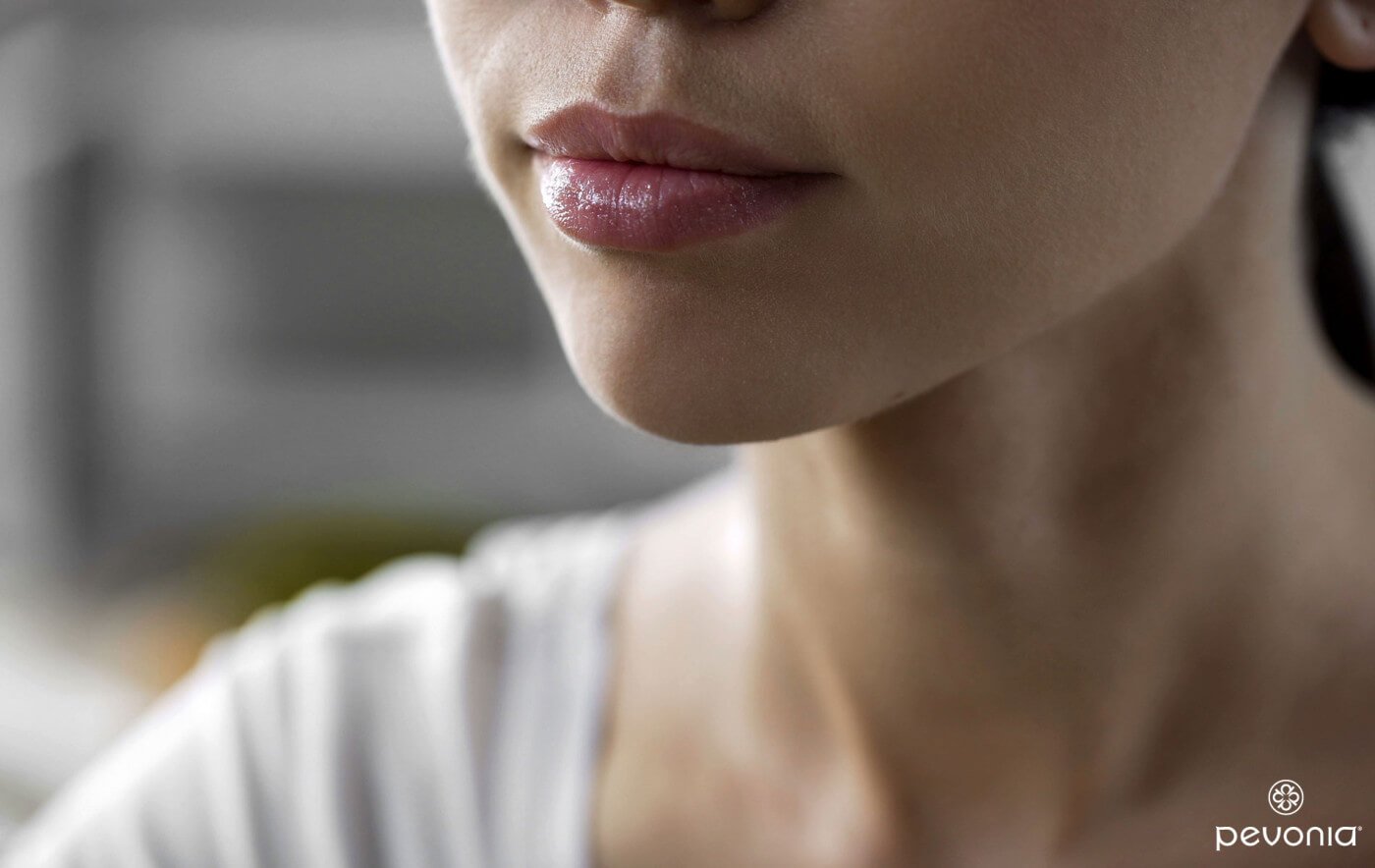
What You Need to Do for Plump, Flake-Free Lips
We've all had chapped lips at some point in our lives. Clinically called cheilitis, chapped lips are dry, flakey, scaly, red, tight, and sore. Left untreated, they may peel, crack, swell, and bleed. If you are interested in knowing what is the best lip repair method, sit tight for tips on how to repair lips—from our lips to yours!
Chapped Lip Causes
Chapped lips can have various causes, from the weather to medical conditions and age. Our lips do not contain oil glands, and the skin is thinner than elsewhere on the body, making them vulnerable to cold, dry winters and hot summers. Heaters and air conditioners are additional culprits of dry, chapped lips. Dry lips and digestive problems, dehydration, allergies or sinus issues that force people to breathe through their mouths, thyroid issues, autoimmune disorders, medication reactions, eczema, and bacterial or viral infections are common. There’s also a chapped lips vitamin deficiency connection and a fungal infection that can cause cracked lips at the corners of your mouth. Our natural collagen breaks down as we age, and our lips' natural moisture and volume diminish, resulting in even more surface dehydration and fine lines on and around the lips.
Solutions for Chapped Lips
Fortunately, there are many steps you can take to keep your lips soft and comfortable. Follow these lip care tips for dry lips to regain and maintain a more luscious lip contour:
Dial In Your Diet – Add foods rich in B vitamins, iron, and zinc to your diet, watch out for too much Vitamin A, and get plenty of water to hydrate your lips from within. Until your lips recover, avoid citrus, salty, and spicy foods, which can cause stinging and discomfort.
Read the Room – Like those who like to adapt their actions to the room around them, you'll want to pay attention to your environment to ensure you care for your lips properly. Extreme temperatures, indoor heating, and air conditioning are the top reasons lips become dry and chapped. Applying lip balm is an excellent preventative measure to shield the thin, delicate skin on your lips from the environment.
Rethink Your Lip Balm – Lip products can significantly impact lip moisture levels. Low-quality drugstore lip balms containing camphor, menthol, and phenol create a misleading cooling, tingling effect that causes more irritation and dryness, triggering chapped lips. As people become dependent on these products, their lips produce less and less of their own moisturizing lipids. The American Academy of Dermatology (AAD) also cautions against flavored formulas with eucalyptus, salicylic acid, and artificial fragrance. Opt for high-quality lip repair and protect solutions to relieve your parched pout.
One and Done – Desperation about chapped lips may cause you to reach for drugstore remedies or repeatedly apply lip balm. But rather than slathering on Petrolatum Jelly or commercial products on repeat, look for lip-friendly, effective skin care ingredients and use just twice a day to allow your body to produce its own oils.
Get A Lip Slugging Makeover – Slugging with Petrolatum is understandably appealing since it forms an occlusive barrier against the elements and seals in your skin's moisture. However, this controversial ingredient contributes to skin thinning and early lip lines. Instead, choose a lip balm formulated with Glycerin and Shea Butter - plant-based, clean skincare ingredients that seal in lips' moisture and holistically support skin health and wellness.
Layer Up to Plump Up – Apply a Hyaluronic Acid Serum to your lips and top it with the Pevonia Rapid-Restore Lip Balm for a lip-plumping moisture infusion. The Shea Butter, plant-derived Glycerin, and Vegetable (Olus) Oil will melt into your lips for quick, effective absorption. Once a week, use our Micro-Retinol® Collagen & Retinol Lip Repair Kit with a renewing serum and lip mask to smooth lip lines and laugh lines, rejuvenating and redefining your lip contour.
Protect Your Lips Outdoors – Ultraviolet (UV) rays and heat can damage your lips. That’s why wearing a protective lip balm with (SPF) is essential when outside during the day.
Use a Humidifier – If you have forced air heat and heat your home during the winter or use an air conditioner or fan, sleeping with a humidifier adds moisture to dry air, helping keep your skin and lips moist and dewy.
Leave Your Lips Alone – Resist the temptation to lick dry lips or chew at the flakes. Peeling dry skin off lips with your fingers or teeth exposes raw skin that is not yet ready to reveal itself. If you must scrub your lips, gently massage a fine sugar scrub over them. Avoid commercial formulas with large granules that are too harsh for the skin on your lips.
Lipstick Switch-Up – Difficult-to-remove matte and long-wear lipstick dry the lips, creating a perfect storm for lip damage if improperly handled. Dissolve and remove them with a multi-tasking natural eye make-up remover or a gentle face cleanser rather than aggressively rubbing your lips.
Consider switching up your lip color, alternating with a lip gloss, or layering it over a moisturizing lip balm. And don't assume lip gloss is hydrating because it has a glossy texture! Some contain drying ingredients that contribute to chapped lips rather than help.
When Chapped Lips Persist – Dry, flaky, irritated lips that don’t respond to these tips can be a symptom of sun overexposure and damage. For cracked, discolored, extra dry, roughened, or scaly chapped lips that won’t heal, see a doctor or dermatologist. They may give you an allergy skin test, request a blood test, and perform a skin biopsy or cancer check to determine if medical conditions are to blame and rule out precancerous actinic cheilitis.
